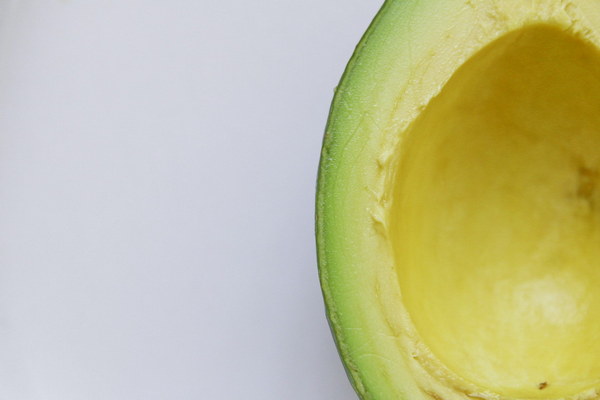Embracing the Harmony Insights and Reflections from a Scientific Chinese Medicine Health Preservation Training
Introduction:
The recent scientific Chinese medicine health preservation training has been an enlightening journey that has broadened my understanding of the holistic approach to wellness. As I delve deeper into the ancient wisdom of Chinese medicine, I find myself increasingly fascinated by its principles and the profound impact it can have on our health and well-being. In this article, I share my insights and reflections from the training, highlighting the key concepts and practices that I have learned.
1. Understanding the Concept of Qi:
One of the most crucial aspects of Chinese medicine is the concept of Qi, which translates to vital energy. The training emphasized the importance of maintaining a healthy Qi flow in the body to achieve optimal health and longevity. I learned that Qi is responsible for the functioning of all organs and tissues, and any imbalance can lead to illness. By understanding and nurturing our Qi, we can enhance our overall well-being and vitality.
2. The Importance of Yin and Yang:
Another core principle of Chinese medicine is the balance between Yin and Yang. Yin represents the cold, slow, and passive aspects of life, while Yang symbolizes the hot, active, and dynamic aspects. The training taught me that maintaining a harmonious balance between Yin and Yang is essential for health. By recognizing and addressing imbalances, we can prevent diseases and promote longevity.
3. Holistic Approach to Wellness:
Chinese medicine takes a holistic approach to wellness, considering the interconnectedness of the body, mind, and spirit. The training emphasized the importance of treating the root cause of illness rather than just the symptoms. I learned that addressing emotional and mental factors is as crucial as treating physical ailments. This holistic perspective has significantly influenced my approach to health and well-being.
4. Dietary Recommendations:
The training provided valuable insights into the impact of diet on health. I learned about the five elements—wood, fire, earth, metal, and water—and how they correspond to different foods. Understanding these elements has helped me make more informed dietary choices, ensuring a balanced intake of nutrients and flavors. I have also learned about the importance of seasonal eating and its role in maintaining health throughout the year.

5. Acupuncture and Traditional Chinese Medicine Techniques:
The training introduced me to the wonders of acupuncture and other traditional Chinese medicine techniques. I gained hands-on experience in needle placement and learned about the benefits of this ancient practice. Acupuncture, along with other techniques like cupping and moxibustion, has been proven to alleviate pain, improve circulation, and enhance overall well-being.
6. Mindfulness and Stress Reduction:
The training emphasized the importance of mindfulness and stress reduction in maintaining health. I learned various relaxation techniques and exercises, such as tai chi and qigong, that promote mental and emotional balance. By incorporating these practices into my daily routine, I have noticed a significant reduction in stress and an increase in my overall sense of well-being.
Conclusion:
The scientific Chinese medicine health preservation training has been a transformative experience that has enriched my understanding of health and wellness. By embracing the principles of Qi, Yin and Yang, a holistic approach, dietary recommendations, and mindfulness practices, I have gained valuable tools to maintain my health and well-being. As I continue to explore the vast world of Chinese medicine, I am confident that these insights will guide me towards a healthier, happier life.









